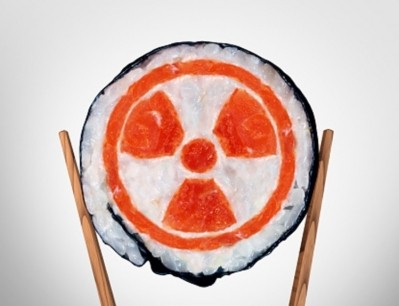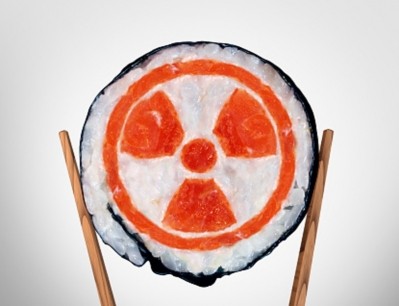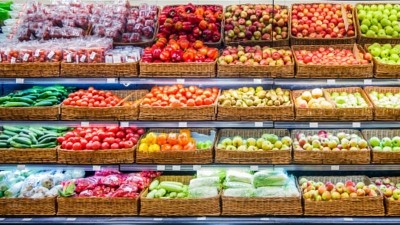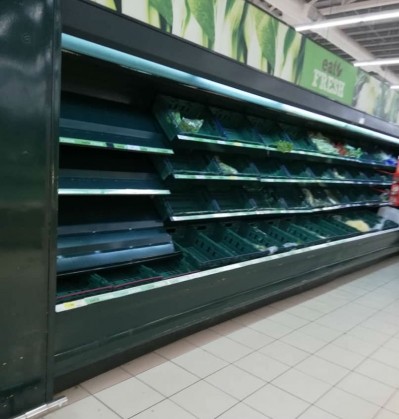Nuclear no more: Singapore latest APAC nation to lift all Japanese food bans

Both China and Taiwan continue to maintain complete import bans on certain foods, especially those originating from the Japanese prefectures of Fukushima, Gunma, Ibaraki, Tochigi and Chiba. China also has additional bans in place for food from Miyagi, Nagano, Nigata and Tokyo.
According to data from the Food Industry Affairs Bureau under the Japanese Ministry of Agriculture, Forestry and Fisheries (MAFF), this applies to just about all types of food products, including rice, fresh fruits and vegetables, tea, medicinal plants, milk and dairy products, meats, fishery products and processed foods.
South Korea and the United States have some bans in accordance with distribution restrictions in Japan, mostly foods from Fukushima and Miyagi. The former has been particularly strict about the entry of fishery products from Japan, a decision that the World Trade Organisation backed last year.
The bans were first put into place back in 2011 after an earthquake hit Japan and damaged its Fukushima Daiichi nuclear plant, leading to widespread radioactive contamination in its vicinity. The Japanese prefectures of Fukushima, Gunma, Ibaraki and Tochigi were hit particularly hard.
By May 2011, 54 countries around the world, Singapore included, had imposed a raft of import bans or restrictions on food items originating from various Japanese prefectures.
The Food Industry Affairs Bureau revealed that fresh fruits and vegetables from Japan were the most-banned items in Singapore. Fruits and vegetables from 10 prefectures saw a complete import ban, namely Fukushima, Gunma, Ibaraki, Tochigi, Chiba, Saitama, Tokyo, Kanagawa, Shizuoka and Hyogo.
The lifting of the bans means that now fruits and vegetables from all of these prefectures can be imported into Singapore with just the presence of a certificate of production origin, and an additional certificate of radionuclide pre-export testing if the products are from Fukushima.
“The test certificate is to certify that the food has been tested and no radioactive contaminants were detected above 100 Bq/kg for radioactive caesium,” said an SFA spokeswoman.
“[For commodities] from specific areas in Fukushima, area surveillance certificates [are also required], which refer to a pre-export testing certificate with a validity of three months’ duration.”
Meat items, fishery products, and milk and dairy items from Fukushima, Gunma, Ibaraki and Tochigi were previously barred from entry into Singapore in 2011. The bans for all of these have now been removed, and similarly only products from Fukushima require the radionuclide pre-export testing certificate for import entry.
Tighter checks for some
That said, inspections have also tightened somewhat for certain other food products, such as rice.
MAFF revealed that rice from all parts of Japan was only subject to ‘regular inspection’ when entering Singapore back in 2011, but as of February 2020 rice imports from Fukushima now require an additional radionuclide pre-export testing certificate.
A similar pattern was also observed for tea and medicinal plant imports.
As for processed food items, the regulations surrounding these have been somewhat more complicated due to the high degree of variability and variety in this sector.
"There are various types of processed foods. There might be thus some cases where different rules are applied according to the ingredients and/or the degree of processing," said MAFF.
For example, even back in 2011 Singapore only completely banned some types of processed foods and only from the four main affected prefectures after the nuclear incident – others were still allowed to enter subject to regular inspection.
That said, as of Feb 2020 all of these bans have also been removed, and subject to the type of product either regular inspections or product origin certificates are now required for products from all prefectures. For Fukushima-originated products, the radionuclide pre-export testing certificate requirement also applies.



















